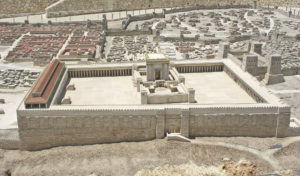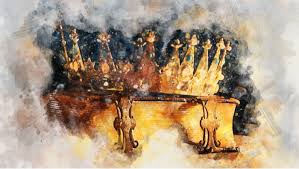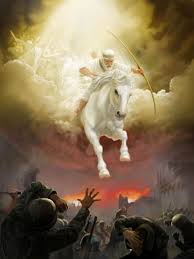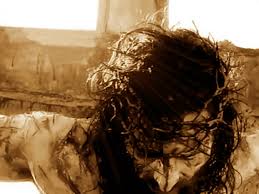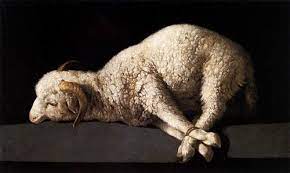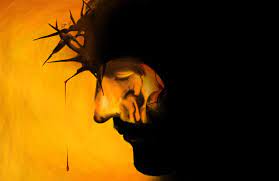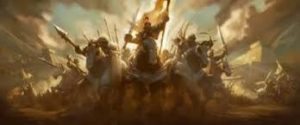Jp – Israel’s National Wickedness 58:1 to 59:21
Isra’el’s National Wickedness
58:1 to 59:21
In the days before the fall of Jerusalem (Ezeki’el 8; Jeremiah 52), Isra’el was full of sin. But more than anything, they were hypocrites, clinging to rituals of the letter of the Torah, yet being spiritually dead so they were separated from God by their sin. Like the prodigal son (Luke 15:11-32), she would have to come to the end of her rope to be willing to submit to God. Pride had kept her from doing so, and will keep her from doing so for a long time. It is pride that says: I will ascend to heaven; I will raise my throne above the stars of God; I will sit enthroned on the mount of assembly, on the utmost heights of the sacred mountain. I will ascend above the tops of the clouds; I will make myself like the Most High (14:13b-14). It is the pride of self-sufficiency. It is the pride that says, “No thanks, God, I can handle it.” It is the pride from the pit of hell that spiritually blinds people and anesthetizes them to the truth that they need God. We all need to give up the steering wheel of our lives to Him.
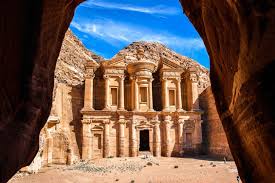
Alcoholics have talked about a “moment of clarity” where they see themselves as they really are – drunks. The alibi system is stripped away. “Everybody is picking on me,” will not do anymore. It is then that they say, “I need to do something about this.” Isra’el will go through the same process at the end of the Great Tribulation. As the armies of the antichrist are closing in on those Jews at Bozrah, those who are still alive at the end of the Great Tribulation, her life flashes before her eyes and she has a “moment of spiritual clarity.” Those Jews will see themselves as they really are – sinners in need of a Savior (see the commentary on Revelation, to see link click Ev – The Basis of the Second Coming of Jesus Chrst). At that moment they will confess their national sin, and invite Jesus Christ to come back and save them. And so all Isra’el will be saved (see Kg – The Second Coming of Jesus Christ to Bozrah). At that time, she will go from groan to glory.
Rebuke for the Wicked and Promises for the Faithful (58:1 to 60:1-22)
A summary of the Suffering Servant’s First Coming, Second Coming
and the restoration of Isra’el (61:1-11)
Far Eschatological Prophecy (62:1 to 66:24)








